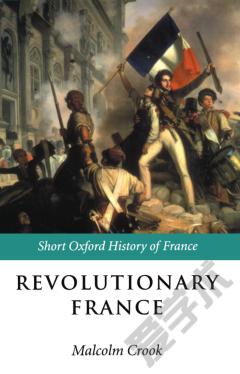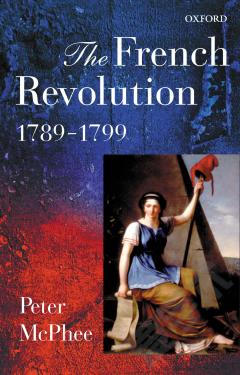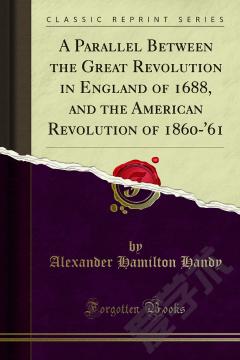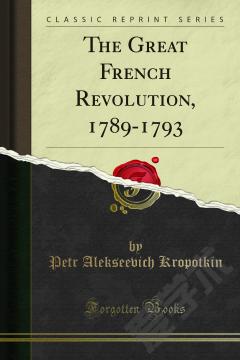Americomania and the French Revolution Debate in Britain, 1789–1802
This book explores the evolution of British identity and participatory politics in the 1790s. Wil Verhoeven argues that in the course of the French Revolution debate in Britain, the idea of 'America' came to represent for the British people the choice between two diametrically opposed models of social justice and political participation. Yet the American Revolution controversy in the 1790s was by no means an isolated phenomenon. The controversy began with the American crisis debate of the 1760s and 1770s, which overlapped with a wider Enlightenment debate about transatlantic utopianism. All of these debates were based in the material world on the availability of vast quantities of cheap American land. Verhoeven investigates the relation that existed throughout the eighteenth century between American soil and the discourse of transatlantic utopianism: between America as a physical, geographical space, and 'America' as a utopian/dystopian idea-image.
{{comment.content}}








 京公网安备 11010802027623号
京公网安备 11010802027623号